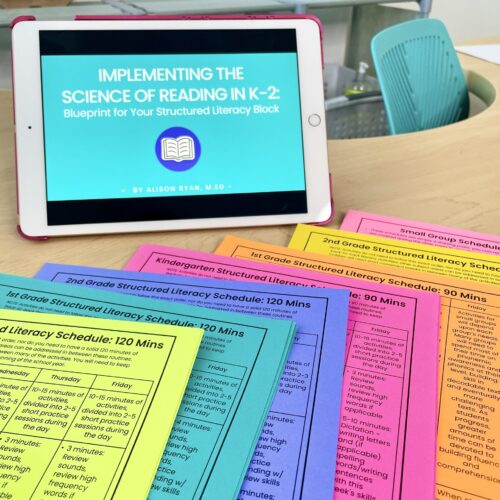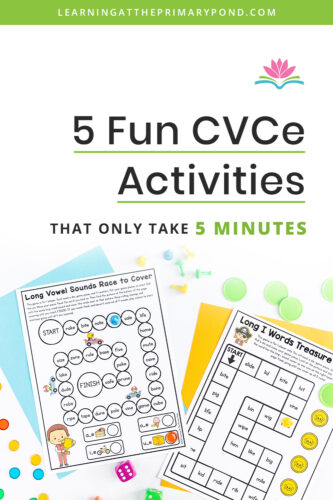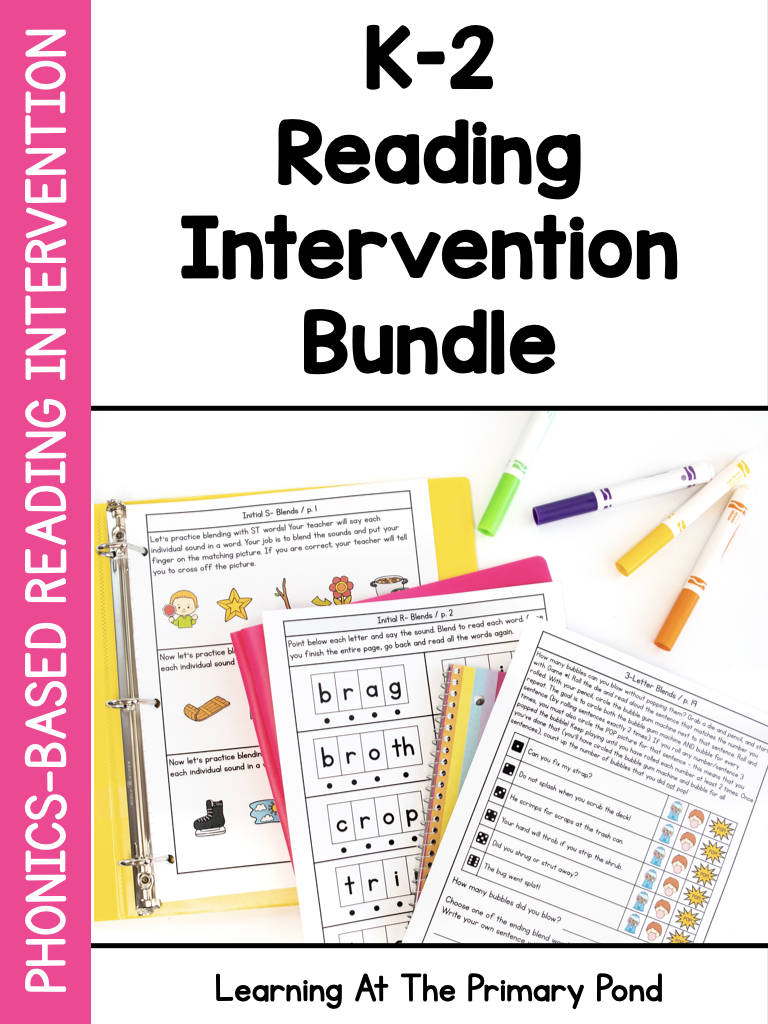Teaching is hard. Simple as that. Of course, there are (in a good year) more ups than there are downs. More positives than negatives. But, teaching is hard.
There will be people on the outside who say things like…
- “Teachers get their summers off!”
- “Teachers get to end their work days at 3:00!”
- “Doesn’t your class have a full-time aide? That must make things easy.”
- “Teachers get to be around kids all day – much easier than being around adults.”
- “Teachers have tons of vacation days, like winter break and spring break!”
These comments, although most of the time they are said innocently, can be tough to hear. You most likely want to respond with a big “BUT” after all of these statements.
- “Teachers get their summers off… BUT often work over the summers on professional development, rearranging their classrooms, or even have to pick up an extra summer job for additional income.”
- “Teachers get to end their work days at 3:00… BUT then stay extra hours to grade papers, make copies, and prep for the next day.”
- “Doesn’t your class have a full-time aide? That must make things easy… BUT trying to differentiate the content and manage behaviors of many students involves multiple adults and experts.”
- “Teachers get to be around kids all day, which is easier than being around adults… BUT nothing is more exhausting than keeping the energy up all day long.”
- “Teachers have tons of vacation days, like winter break and spring break… BUT those breaks are well deserved after barely taking any days off other than that for months!”
Teaching is also something where there isn’t always a lot of extrinsic recognition. Once in a while, you may get a shout-out from a colleague or an award for years of service. A lot of the time, though, teaching requires you to be intrinsically motivated day in and day out.
In a profession that often relies on you being selfless, it’s good to step back once in a while and reflect on what you need. Because your needs matter SO much. They matter for you as a person. They also matter because if you’re burned out, you’re not going to be the best teacher for your students.
In this blog post, I’m going to suggest a few ways that you can be an advocate for yourself in the teaching profession.

Ways You Can Be an Advocate for Yourself
- Be specific when asking for support.
Like many workplaces right now, schools too are struggling with staff shortages. I’ve heard of two classes combining in one classroom when a teacher is sick…regularly I’ve heard of a principal serving as the long-term sub for a teacher on maternity leave. It’s an “all hands on deck” kind of mentality. If you feel like you could use an extra set of hands, I encourage you to ask, but be specific when asking.
For instance, if small group instruction has been difficult because of a vast range of abilities, ask if there is an aide, a reading specialist, or an administrator who could come in at that specific time, even just for 15-20 minutes, to work with a small group. Or if the transition from lunch to gym has been tricky, ask if someone can lend a hand for those 5 minutes for a few days until the class is back on track.
Asking for help is not a sign of weakness. Let me repeat: Asking for help is not a sign of weakness. It’s a sign that you care about the well-being of yourself and your students. - Use parents (or community volunteers) as a resource when possible.
I have worked at schools where parents are emailing me at all times of the day asking about their students, sending snacks, which gym shoes to pack, etc. I have also worked at schools where parents are hard to get ahold of during the day because of certain circumstances (i.e. they’ve worked third shift the night before and need to catch up on sleep during the day.) Whatever the case is, what’s true about all parents is that they care about their child.
If there is a time of day when you could use extra support, see if it’s possible to have a parent volunteer assist. For example, at a local elementary school near me, there is a 1st grade teacher who asks if there are parents available to come in for one hour to help with literacy centers. The parent simply helps students get supplies or even just listens while a student reads aloud. No educational background is required!
I know of another Kindergarten teacher who asks if there are parents interested in helping prep art projects. Once a week, she sends home a baggie to the volunteer with simple directions. For instance, maybe the teacher needs 25 large circles and 50 small circles cut out. The parent can do this at night or during the day, whatever works for his/her schedule. Then, they send the baggie back a few days later, all prepped for the teacher.
**Obviously there is no judgment or anything for parents who simply can’t take on a volunteer task! But, don’t be afraid to ask, because many parents want to help! - Be creative in seeking ways to increase your salary.
Many people say that teachers aren’t in their professions “for the pay.” Yes, there are so many ways teaching is worth it! But, like anyone, teachers have bills to pay. It can be really hard to advocate for yourself when it comes to a salary, especially if pay is being set district level and out of your control.
Sometimes, however, there is specific money set aside in a school’s budget for professional development. Have you ever thought of being the one to lead this professional development? Perhaps you have an area of expertise or something in particular you feel passionate about.
Maybe it’s classroom management, differentiating literacy centers, informal assessments, or responsiveness to data. Talk with administrators at your school ahead of time and see if they’d be willing to pay you to lead a session on one of those topics. Often, schools outsource professional development, but they may love the idea of having someone “in-house” step up to lead. It could even turn into a weekly, monthly, or quarterly gig where you are receiving an extra stipend. - If you need more flexibility, try asking for it.
More and more, we are living in a world where other professions seem to have increased flexibility. Many people you know may be working from home or remotely, only having four-day work weeks, etc. Having flexibility like that can be close to impossible when it comes to teaching. However, if you are trying to balance something at home, ask if it’s possible.
For example, I know a 2nd grade teacher whose school day ended at 3:05, yet she was trying to figure out a way to be at her own son’s preschool for pickup by 3:00 p.m. The teacher talked with her principal, and the principal made a shift in the 2nd grade schedule so that their specials time (gym, library, art) was the last thing in their day from 2:15 – 2:55. This way, the teacher could leave at 2:15 once she dropped her students off at the special. The gym, library, and art teachers then helped get the students to their pick-up locations at the end of the day.
I have also heard of teachers asking about job shares. In this case, one teacher may work mornings and another works the afternoons. Or one teacher works Monday – Wednesday and the other works Thursday/Friday. - Request additional training and education.
Teaching is an ever-changing profession. There is constant research being done around best practices. You may also find yourself wanting more training around something specific (phonics instruction, special education, classroom community.) There are lots of options out there! It could just be a quick course you want to take, or maybe you’re looking to earn an extra college degree. Whatever the case, advocate for yourself and ask what’s possible. Sometimes the school or district may be willing to bring in an expert in that area. Other times, there are programs that can help financially offset the costs of college courses.
Here’s an example of something you could either do on your own time or in an already scheduled meeting time. For example, I have a course on the Science of Reading that will help you:
🌟 Master the Science of Reading as it applies to teaching K-2
🌟 Create daily and weekly schedules that apply the Science of Reading
🌟 Feel confident that you’re giving ALL your students the tools they need to become successful readers and writers!

This is a self-paced course, which means that you can watch the short videos whenever you have time!
Conclusion
I hope that these ideas have your wheels turning as to how to advocate for yourself! Like I said, teaching is hard. Sometimes you may not always receive the response or answer you were hoping for. You may ask for parent support and get “crickets” as a response. You may ask your principal for flexibility, and the answer could be “not possible.” Don’t stop thinking of ways to advocate for yourself. Ask again the next year, or try a different route!
Additionally, if you feel like you’re at a school that just isn’t as supportive as you need it to be, know that there are schools out there that could be a better fit. Be open to change, too. 🙂
Let me know in the comments if there are other questions you have OR other suggestions you have about advocating for yourself as a teacher.
Happy teaching!!












